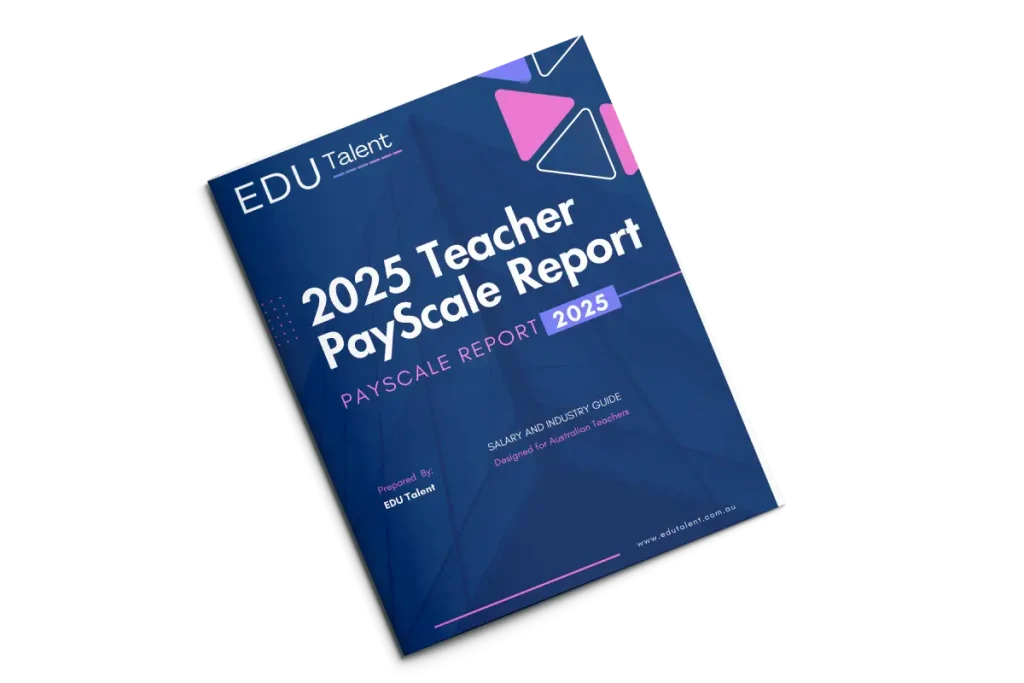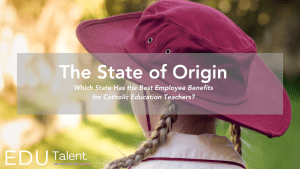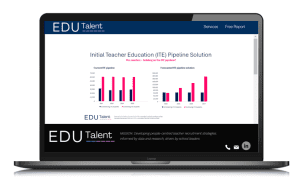Recruitment is often the first step in building a thriving, psychosocially safe workplace. Yet, hidden psychosocial hazards can quietly slip through even the most well-designed hiring processes, posing long-term risks to new employees and teams.
With the growing emphasis on psychological health and safety, especially following the 2023 introduction of the Code of Practice, employers have a legal and ethical obligation to identify and mitigate psychosocial risks at every stage of employment, including recruitment.
“Psychosocial hazards don’t begin on Day One. They can begin as early as the job ad or interview stage,” says Dr Nadia Lee, organisational psychologist and advisor in work health and safety strategy. “If left unchecked, they can damage trust, wellbeing and retention, even before an employee fully integrates into the team.”
Below, we unpack four psychosocial hazards that may fly under the radar during recruitment, and practical ways HR teams and hiring managers can address them.

1. Role Misalignment and Unrealistic Job Expectations
One of the most common hazards in recruitment is a disconnect between the role advertised and the reality of the position. Candidates who step into a job that differs significantly from what was promised, in terms of duties, workload or autonomy, often feel misled or underprepared.
“When a new hire discovers they’re juggling far more tasks than outlined, or their scope of decision-making is far narrower than suggested, it can create psychological distress,” says Lee. “That sense of betrayal impacts engagement and mental wellbeing from the outset.”
How to address it:
- Ensure job advertisements and position descriptions are accurate and regularly updated.
- Use behavioural interview questions to clarify mutual expectations.
- During final interviews, invite candidates to ask in-depth questions about a ‘typical day’ or potential challenges.
- Provide onboarding resources that reinforce clarity around responsibilities, reporting lines and performance metrics.
2. Poor Cultural Fit or Value Misalignment
Hiring for “culture fit” can be a slippery slope, but hiring without any assessment of values alignment is just as risky. New hires who discover a workplace culture that clashes with their personal values (e.g., competitiveness over collaboration, presenteeism over flexibility) can feel isolated or morally distressed.
“A candidate might accept a role believing the organisation supports flexibility or psychological safety, only to discover those values aren’t truly lived,” says Elise Browne, senior HR consultant and DEI specialist. “This can create internal conflict and early disengagement.”
How to address it:
- Use structured interviews to assess alignment with the organisation’s values — not just competencies.
- Be transparent about workplace culture in employer branding, even if it’s a work in progress.
- Incorporate peer interviews to provide diverse insights into team dynamics and culture.
- During onboarding, include sessions that reinforce core values with real-world examples.
3. Unconscious Bias and Discrimination in Selection
Psychosocial harm can also possibly occur during the selection phase when candidates face bias – conscious or not; due to age, gender, ethnicity, neurodivergence or other factors. Even subtle behaviours, such as mispronouncing a name or making assumptions about capability based on accent or disability, can damage psychological safety.
This not only affects candidates’ confidence, but may discourage diverse talent from progressing or accepting offers.
How to address it:
- Provide unconscious bias training for all interviewers.
- Use structured interview guides and scoring rubrics to ensure consistency and fairness.
- Avoid invasive or irrelevant questions, especially regarding personal life, background or health.
- Collect candidate feedback post-interview to identify recurring issues in the experience.
4. Pressure to Accept Roles Without Informed Consent
In high-demand industries or tight labour markets, there can be implicit pressure on candidates to accept offers quickly, sometimes without fully understanding conditions like workload, expectations or reporting structures. This is particularly true when verbal promises contradict written offers, or when decision-making timelines are rushed.
“If a candidate feels pressured into accepting a role without time to reflect, it erodes their autonomy and may later be perceived as coercive,” says Browne. “This can surface as disengagement or mistrust down the track.”
How to address it:
- Give candidates clear timeframes for reviewing offers and encourage questions.
- Ensure employment contracts accurately reflect what was discussed during interviews.
- Where possible, offer informal pre-start conversations with future colleagues or managers.
- Avoid overselling or glossing over challenges, authenticity builds long-term trust.
The Bottom Line: Prevention Starts Before Day One
Psychosocial safety isn’t just a post-hire concern, it starts with how you attract, assess and onboard talent. A psychologically safe recruitment process is transparent, inclusive, and grounded in mutual respect.
“Ultimately, recruitment is not just about filling a role, it’s about building a foundation of trust,” says Lee. “And trust begins the moment a job seeker interacts with your organisation.”
By identifying and addressing these early-stage psychosocial hazards, HR teams can foster healthier work environments from the very beginning, and lay the groundwork for long-term employee wellbeing and success.







